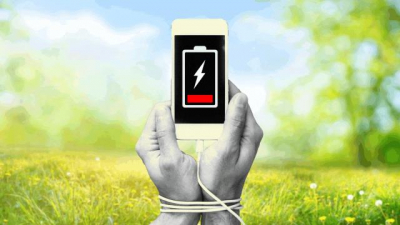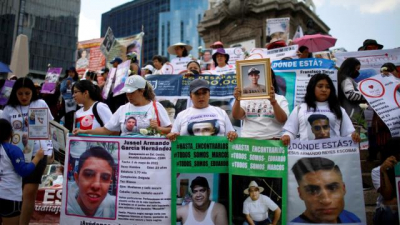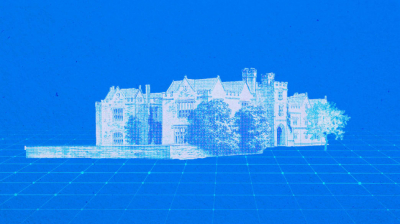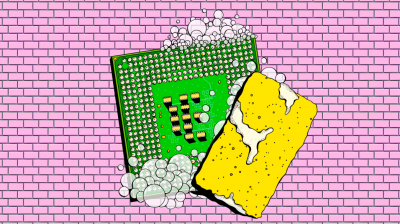Unveiling Unrest: Understanding Cancelled Classes, Protests, and Arrests Rocking US Universities
Rising Voices, Rising Tensions: Unpacking the Unrest at US Universities Amid Gaza Protests
Amidst the echoing calls for peace in Gaza, the grounds of US universities have become battlegrounds of activism and dissent. Over 100 demonstrators found themselves in handcuffs at Columbia University, their voices raised against Israel's actions in Gaza. This outcry has rippled across prestigious institutions like Yale and New York University, where encampments now stand as symbols of solidarity and resistance.
Students' demands reverberate with urgency: a permanent ceasefire, an end to US military support for Israel, and divestment from companies profiting from conflict. Yet, alongside these calls for justice, a chorus rises for amnesty, as disciplinary actions against dissenters fuel the flames of discontent.
At Columbia, the epicenter of this movement, tensions escalate as tents stand as monuments to defiance since April 17th. The decision to clear these encampments led to a clash with law enforcement, resulting in over a hundred arrests. Behind the scenes, a coalition of student-led groups orchestrates the protests, their voices amplified by Columbia University Apartheid Divest, Students for Justice in Palestine, and Jewish Voice for Peace.
In this crucible of activism, accusations fly like arrows, with some alleging a hostile environment for Jewish and Israeli students, tainted by antisemitic rhetoric. University president Minouche Shafik asserts the institution's commitment to protest rights but draws a firm line against harassment and discrimination.
Amidst the chaos, a narrative emerges—a clash not just of ideologies, but of identities and values. As the protests rage on, the true test lies in maintaining the delicate balance between freedom of expression and the sanctity of community, in fostering dialogue amidst dissent, and in seeking understanding amid the cacophony of voices.
Gaza Solidarity: Voices, Protests, and Campus Clashes at Columbia University
In the heart of Columbia University, a beacon of solidarity rises as students and pro-Palestinian activists converge to form the "Gaza Solidarity Encampment." Amidst the tents and banners, a battleground of ideologies unfolds, echoing with calls for justice and dissent.
Criticism rains down from various quarters, with the Council on American-Islamic Relations (CAIR) condemning the use of police force as a suppression of academic freedom. Afaf Nasher, CAIR's executive director in New York, fires back, decrying defamation and danger faced by Jewish, Muslim, and Palestinian students amidst inflammatory rhetoric.
Yet, amidst accusations of antisemitism and harassment, a nuanced narrative emerges. Civil rights advocates, including the American Civil Liberties Union, raise concerns over free speech infringements, while protesters, many of whom are Jewish, assert their movement's stance against all forms of bigotry.
For Soph Askanase, a Jewish Columbia student arrested and suspended for protesting, the encampment symbolizes a reclaiming of university spaces for the people of Palestine. His words echo the sentiments of others who see the struggle against antisemitism, Islamophobia, and racism as intertwined.
Amidst the uproar, students direct blame at universities for failing to protect their rights to protest and stand for human rights. Mahmoud Khalil, a Palestinian student at Columbia, speaks of a six-month-long sense of insecurity fueled by the university's perceived inaction.
In an attempt to ease tensions, Columbia takes drastic measures, canceling in-person classes and announcing a shift to hybrid learning. University president Minouche Shafik calls for the dismantling of the encampment, citing safety concerns and disruptions to campus life.
As midnight approaches, the fate of the encampment hangs in the balance, emblematic of a larger struggle for justice, freedom of expression, and the complexities of identity amidst the tumult of activism and academia.
Campus Concessions: Columbia's Tent Talks and Nationwide Unrest
In the aftermath of Israeli military intelligence chief's resignation over the 7 October attack failures, Columbia University finds itself at the epicenter of negotiations as tensions simmer over the Gaza conflict. On Wednesday, a glimmer of progress emerges as students agree to dismantle "a significant number" of tents dotting the main campus, extending a fragile truce brokered with university authorities.
As part of the accord, Columbia pledges a 48-hour reprieve on the midnight deadline for complete encampment removal, citing "significant progress" in dialogue. Alongside tent removal, student leaders commit to ensuring campus security, enforcing fire safety regulations, and stamping out discriminatory language or behavior.
But Columbia is not alone in grappling with campus unrest. Across the nation, similar scenes unfold as law enforcement cracks down on protests. From riot gear-clad state troopers dispersing demonstrations at the University of Texas to LAPD intervention at the University of Southern California, the heavy-handed response sparks condemnation from free speech advocates.
PEN America denounces the escalation, urging administrations to safeguard student welfare and uphold campus operations. Meanwhile, the reverberations of protest ripple to the highest echelons of power, with White House Press Secretary Karine Jean-Pierre affirming President Joe Biden's stance on free speech and non-discrimination on college campuses.
Amidst the tumult, international scrutiny mounts, with Israeli Prime Minister Benjamin Netanyahu calling for action to quell pro-Palestinian demonstrations at US universities. As political pressures intertwine with student activism, the struggle for free expression and campus safety unfolds against the backdrop of a global conflict.
Just a reminder, my knowledge only goes up until January 2022, so I can't provide real-time updates. However, as of my last update, Hamas was designated as a terrorist organization by several countries, including the United States, Israel, and the European Union.
In conclusion, amidst the backdrop of escalating tensions in the Middle East, the reverberations are felt keenly on America's college campuses. As accusations of antisemitism and condemnation of university responses echo through the halls of power, the urgent call for action rings clear. With voices demanding unequivocal condemnation and decisive intervention, the struggle for justice and safety intertwines with the complexities of international conflict. As the world watches, the path forward remains uncertain, yet the imperative for dialogue, understanding, and concerted action remains ever pressing.







